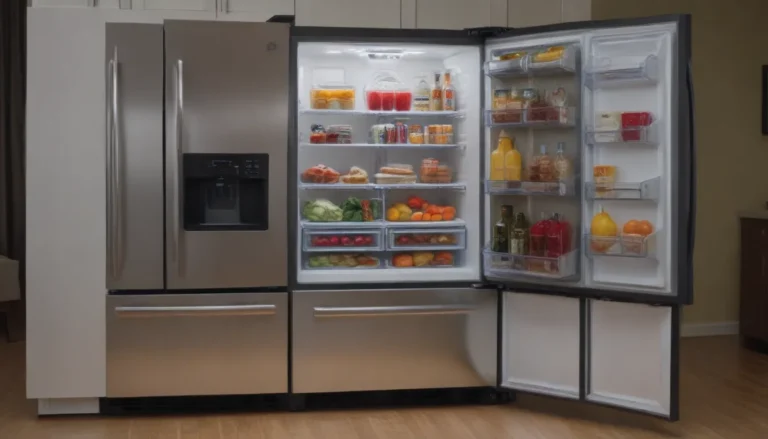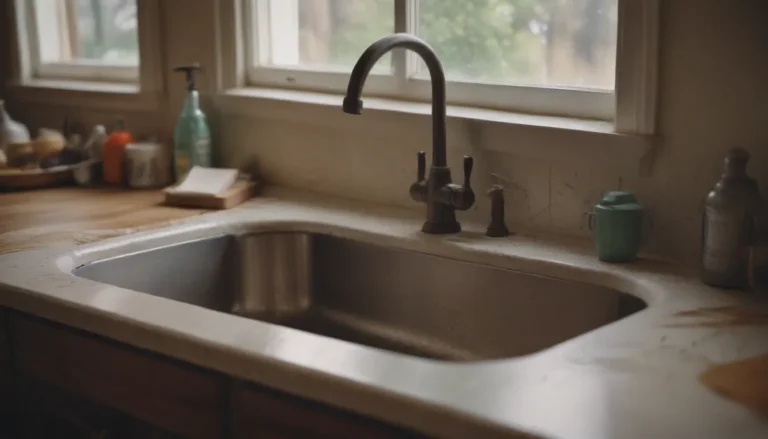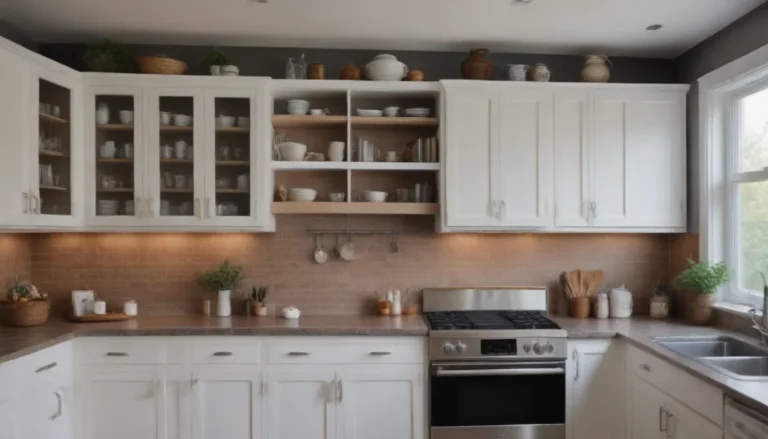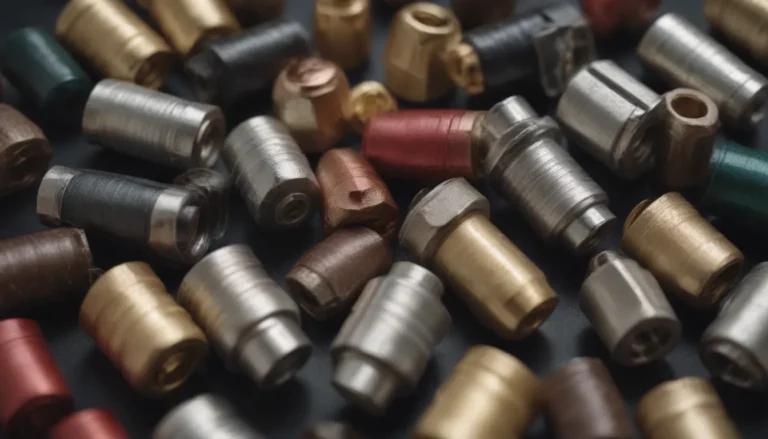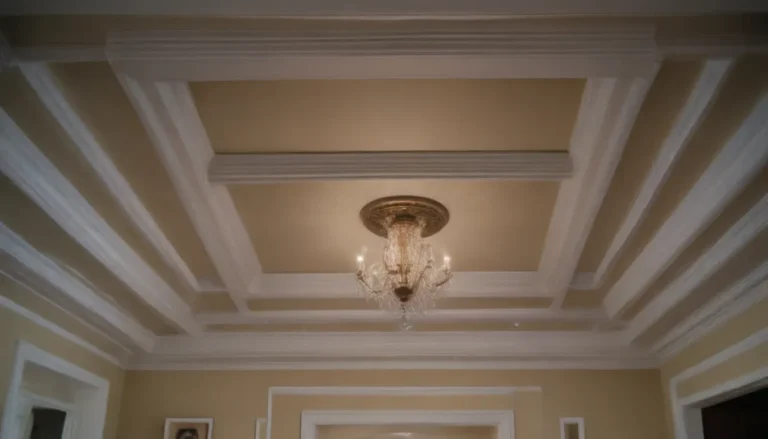Why Do Light Bulbs Burn Out Quickly? Explained in 9 Points

Have you ever noticed that your light bulbs seem to burn out much faster than expected? It can be frustrating, especially when you’re constantly replacing them. But fear not! There are reasons why this might be happening. In this article, we’ll delve into the various factors that contribute to light bulbs burning out too quickly and what you can do to prevent it.
1. High Voltage in the Home
One of the main reasons why light bulbs burn out quickly is due to high voltage in your home. If the supply voltage is too great, the bulbs will burn brighter and ultimately, burn out faster. You can test the voltage at a standard electrical outlet using a multimeter or a voltage tester. If the voltage is higher than 125 volts, it’s best to consult an electrician or your utility provider for recommendations on how to address the issue.
2. Excessive Fixture Vibration
Excessive fixture vibration can also cause light bulbs to burn out prematurely. For example, ceiling fans with unbalanced blades can cause the fixture to shake, which in turn, jiggles the bulb filament and shortens its life. The same goes for light bulbs in garage door openers. To remedy this, try using rough-service bulbs that have heavy-duty filaments designed to withstand vibration better.
3. Depressed Socket Tab
The little metal tab at the bottom of a light bulb socket is crucial for delivering electrical current to the bulb. If this tab gets pushed down too far, it can fail to make proper contact with the bulb. In such cases, the bulb may not actually be burned out but simply not making electrical contact with the socket. Try bending the tab up slightly using a wooden stick or consider replacing the socket or the entire fixture if necessary.
4. Wrong Type of Bulb
Using the wrong type of bulb can also contribute to premature burnout. Compact fluorescent (CFL) light bulbs, for example, are known for going bad before their time, especially if the fixture is frequently switched on and off. Consider switching to LED bulbs, which are more efficient, last longer, and do not contain mercury like CFL bulbs.
5. Loose Connections
Loose connections, whether in the bulb socket or with the circuit wires, can cause bulbs to flicker and burn out quickly. Ensure that the bulb is securely tightened in its socket, and check for any loose wire connections where the circuit wires connect to the fixture. Replace worn or corroded contacts to prevent electrical resistance and heat that can shorten the bulb’s life.
6. Short Circuit
A short circuit in the wiring of the circuit can also cause light bulbs to suddenly go dark, even when they’re not burned out. Check for any wiring issues, defective plugs, or sockets that may be causing a short circuit. Before assuming a bulb is burned out, ensure the circuit breaker hasn’t tripped due to a short circuit.
7. Bulbs Too Large for the Fixture
Using bulbs with wattage that exceed the maximum rating of the fixture can lead to excessive heat, reducing the bulb’s lifespan, and potentially causing damage to the fixture. Opt for energy-efficient bulbs with lower wattage ratings or bulbs that align with the fixture’s specifications to prevent premature burnout.
8. Insulation Around Recessed Lights
If you have recessed light fixtures that extend into the attic, ensure that they are appropriately covered with attic insulation or held back by at least 3 inches to prevent overheating. Overheated recessed lights can not only cause bulbs to flicker or burn out early but also pose a fire hazard. Consider building a box around the fixture housing or installing a new IC-rated fixture to address insulation concerns.
9. Wrong Type of Dimmer Switch
Using the wrong type of dimmer switch with CFL or LED bulbs can cause them to burn out quickly. Look for dimmer switches specifically designed to work with these types of bulbs to prevent damage to the circuitry and premature burnout. Replacing the old dimmer switch with a compatible one can help solve the issue.
In conclusion, there are several reasons why light bulbs burn out too quickly, ranging from high voltage and excessive vibration to incorrect bulb types and loose connections. By addressing these factors and taking the necessary precautions, you can prolong the lifespan of your light bulbs and save yourself the hassle of frequent replacements. Remember, a well-maintained lighting system not only saves you money in the long run but also ensures a well-lit and comfortable living space. So, next time you find yourself replacing yet another burnt-out bulb, consider these factors and make the necessary adjustments for a brighter, longer-lasting light.
